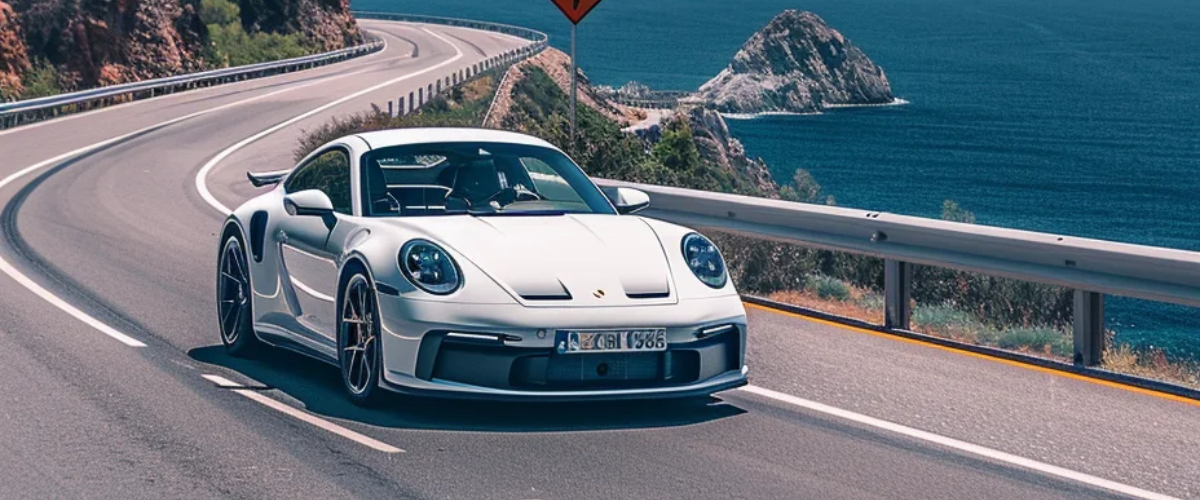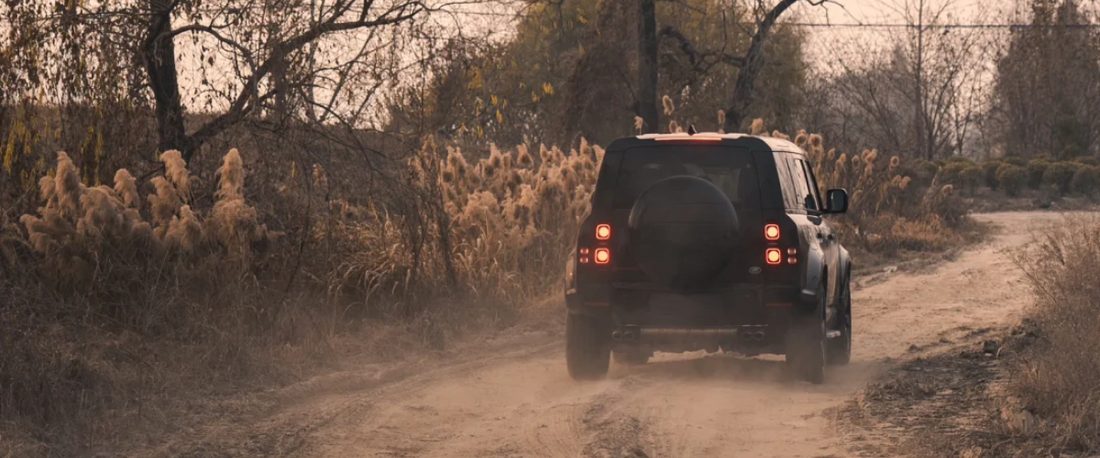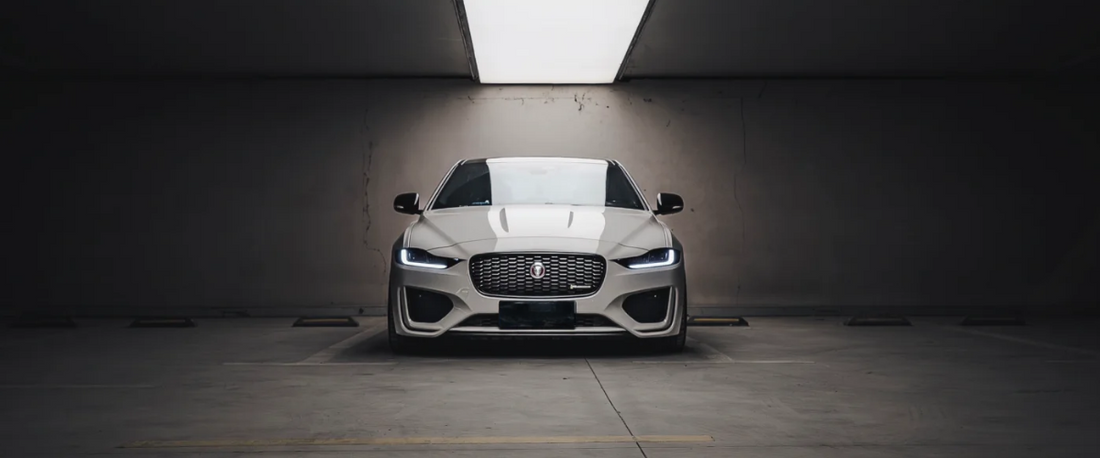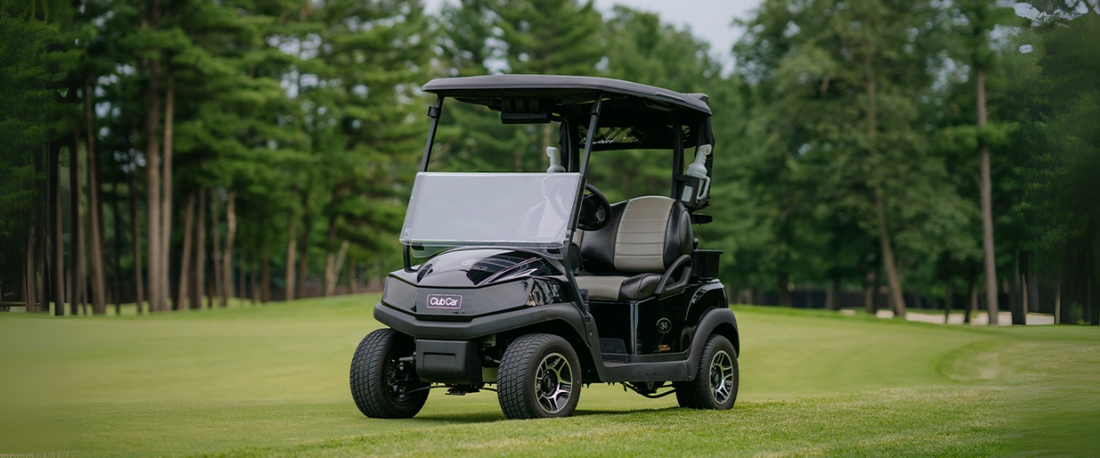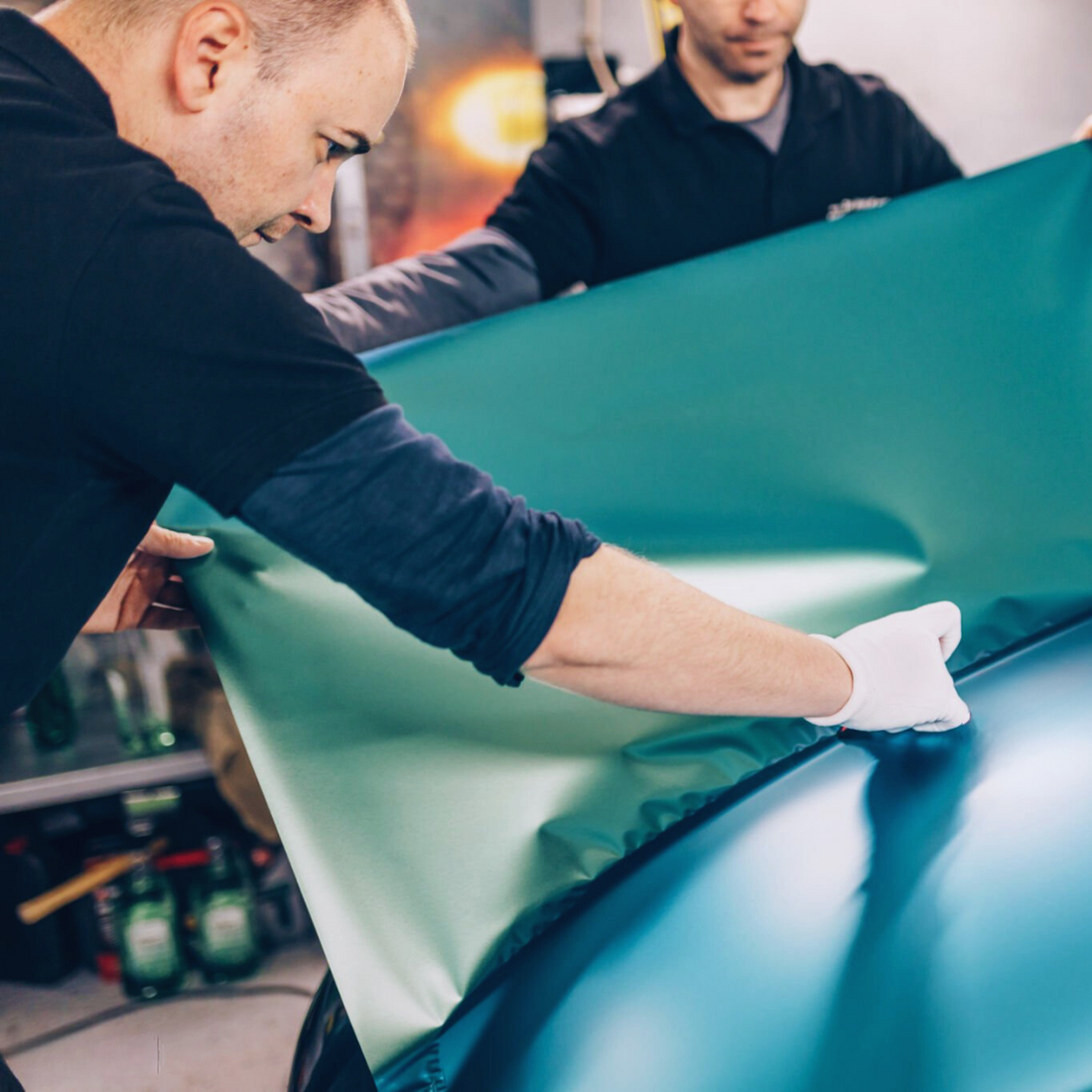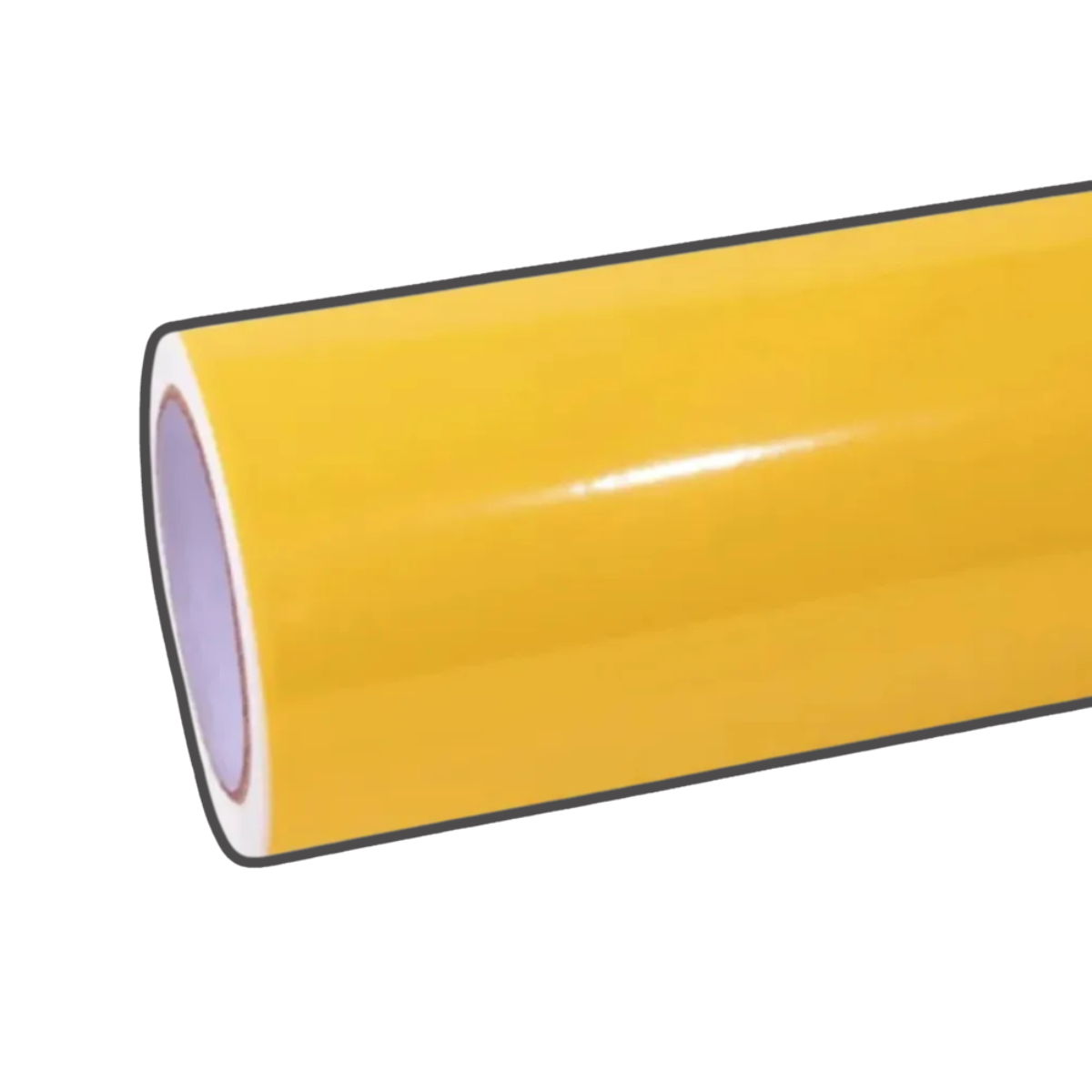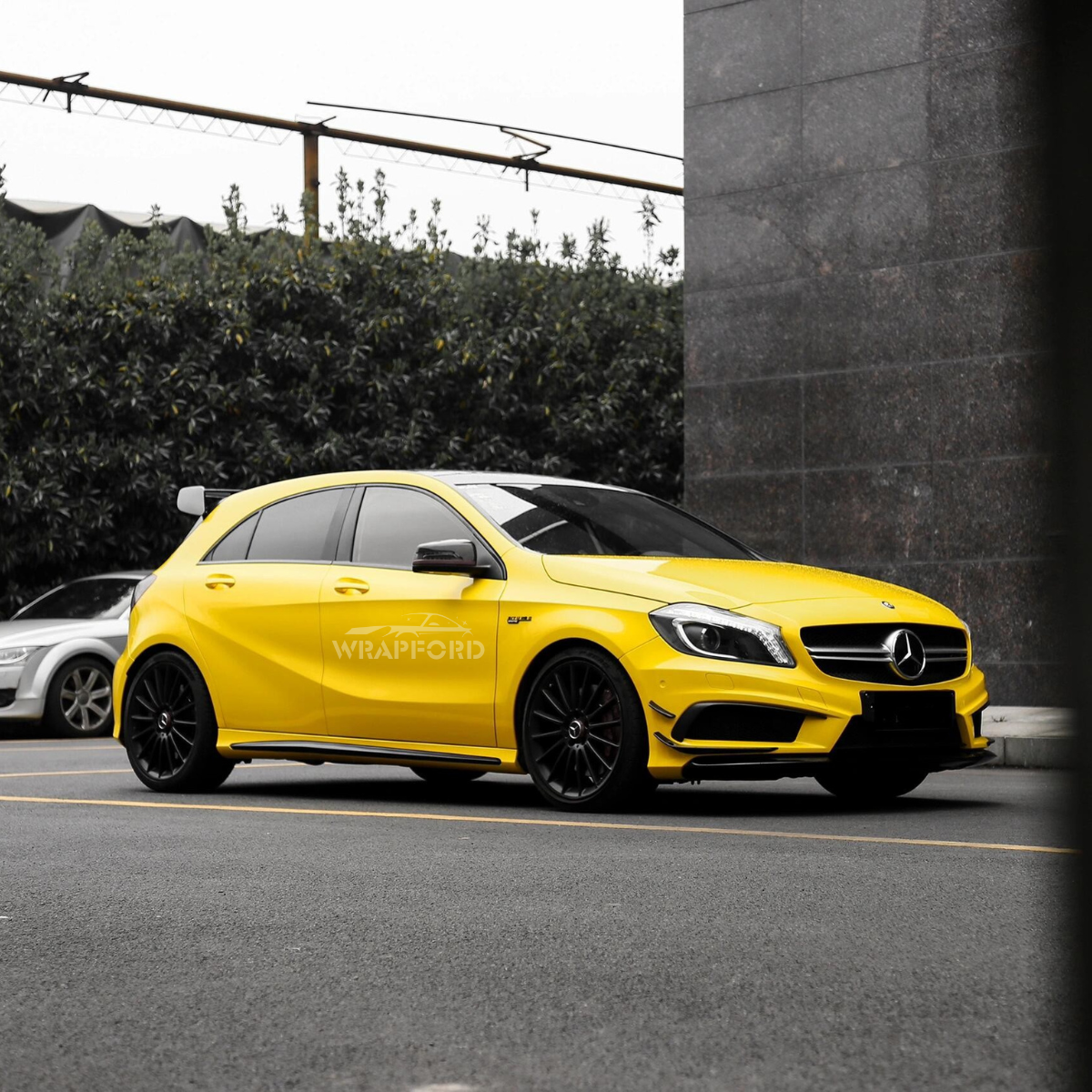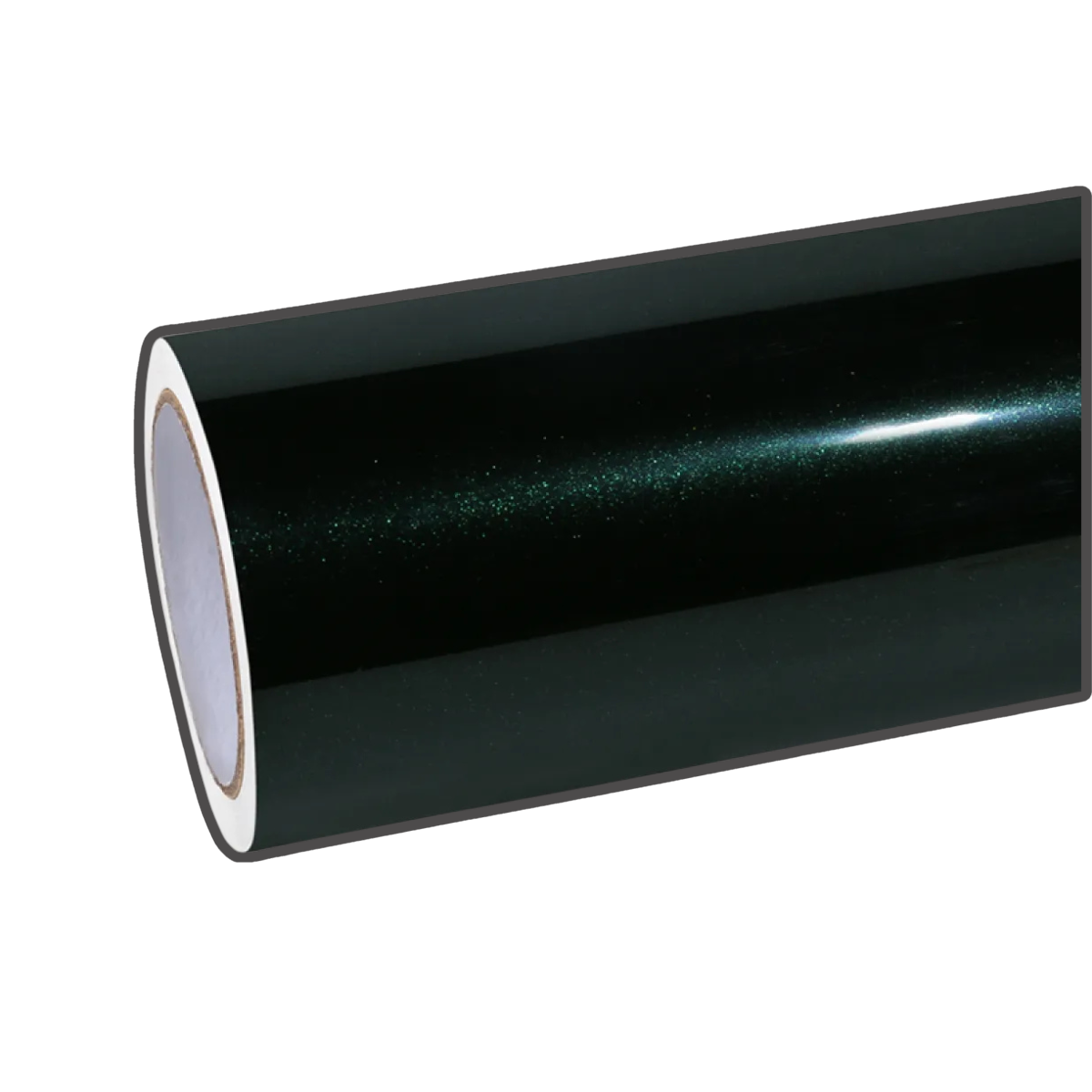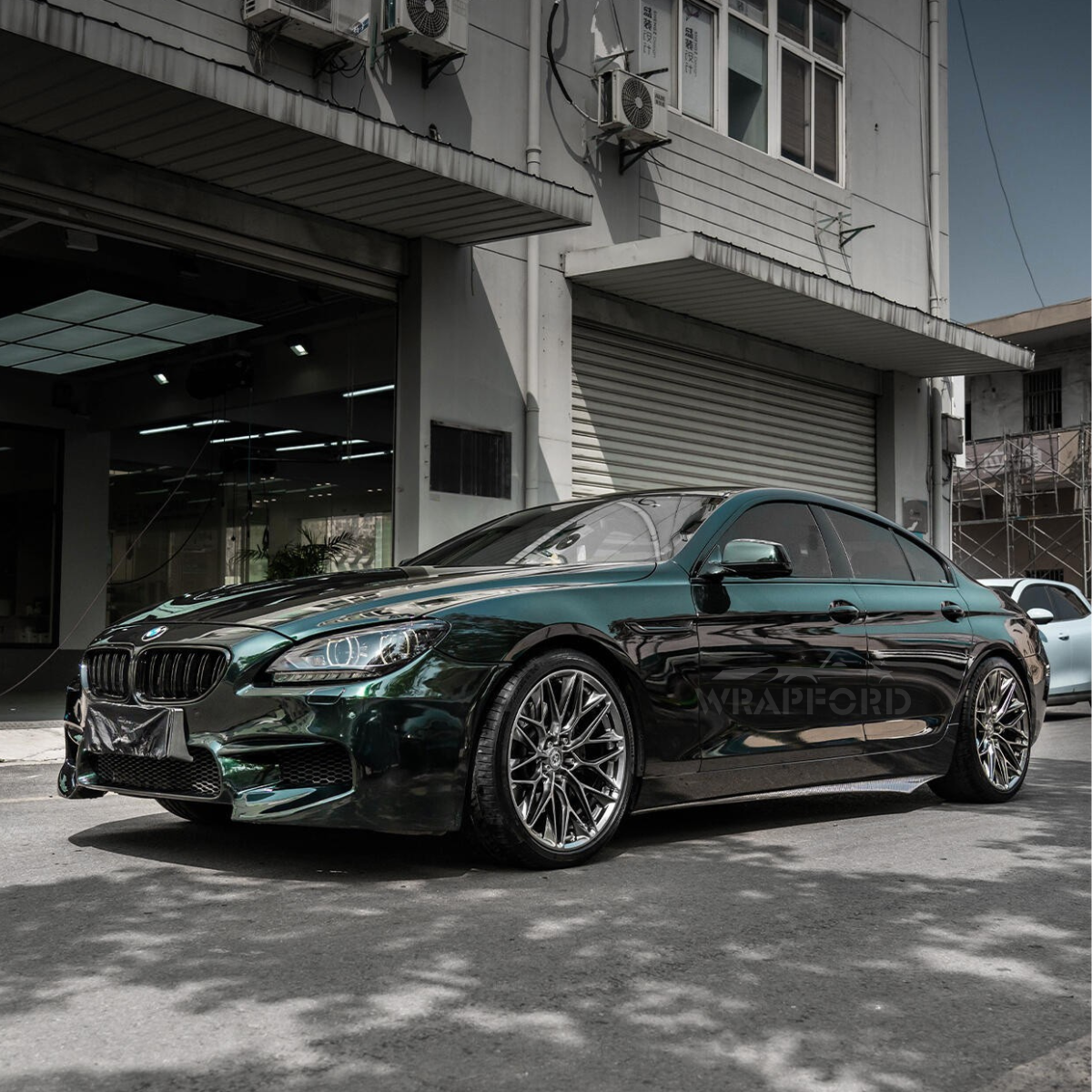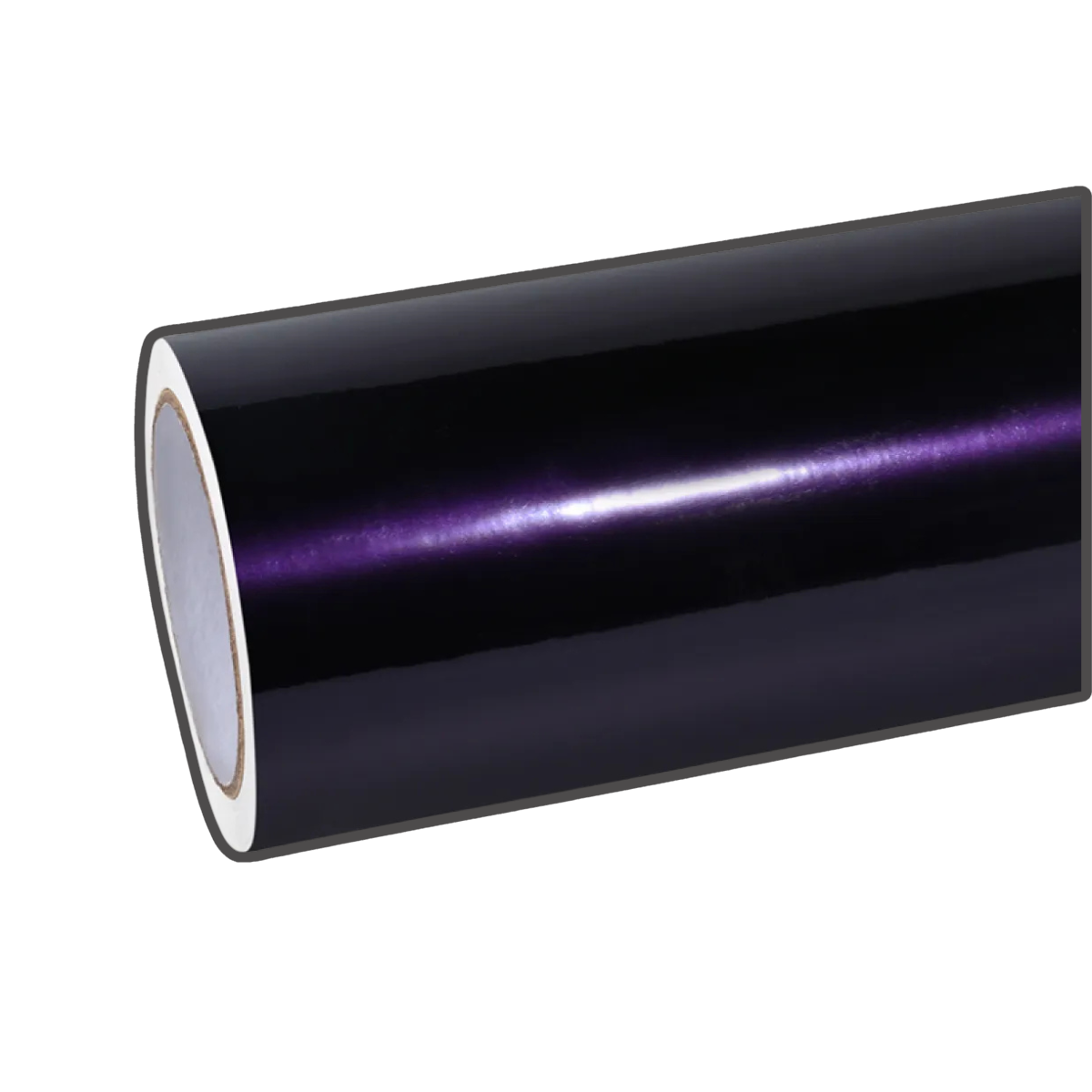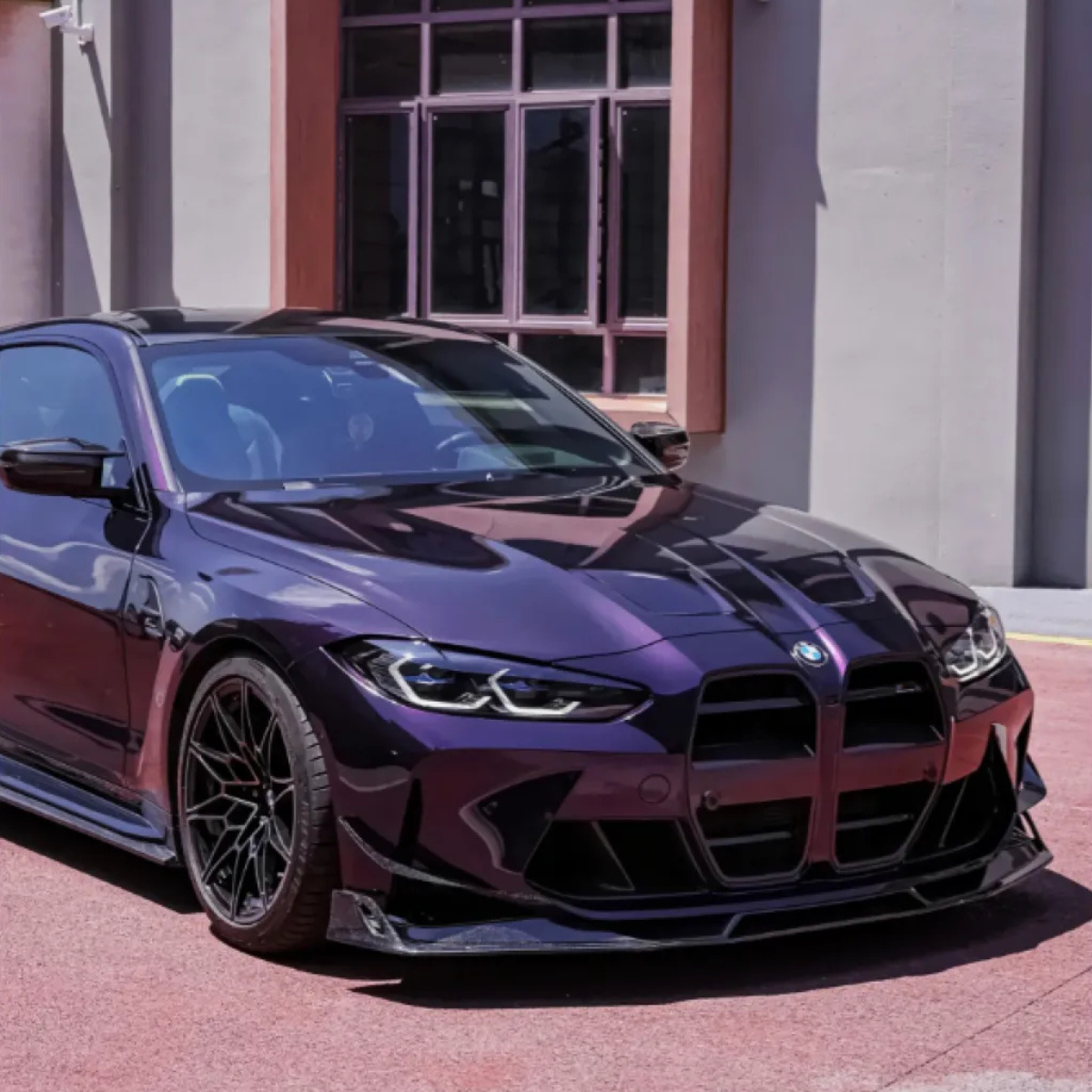Car owners worldwide often question how long does a vinyl wrap last on a car. Their goal should be achieving an ideal combination of car wrap durability and aesthetic appeal; with proper care, vinyl wraps typically last 5-7 years before needing replacing or being repaired.
Applying a vinyl wrap not only transforms the appearance of your vehicle but also provides extra protection from environmental factors that might otherwise impact it. Prolonged application can, in rare instances, cause minor damage to its original paint job – which is why replacing it every 2-3 years to ensure optimal results and lower risks.
An investment in full car wrapping can be an expensive proposition, potentially reaching several thousand pounds depending on material choice and extent of wrap coverage. When choosing high-grade materials such as vinyl wrap material for cars to protect your ride, be mindful that higher resistance levels mean better durability against fading, cracking and peeling – ensuring long-term performance and enjoyment!
This article will look into factors that shorten vinyl wrap lifespan, as well as warranty considerations of car wraps.

Car Vinyl Wraps: Material and Application
Vinyl car wraps have become increasingly popular worldwide due to both their aesthetic appeal and practical applications. Not only can these temporary vehicle wrapping solutions improve a car's appearance, but they can also serve as an affordable way of advertising a brand or personalising a ride temporarily.
Understanding Vinyl Wrap Material for Cars
Are you unaware of what a vinyl wrap is and how it functions? For an in-depth overview, start reading our article: 'What Is A Vinyl Wrap For Cars?' for further insight.
Car vinyl wraps typically employ one of three materials--PET, PVC, or TPU--for their construction, each offering distinct properties to meet different requirements. PET typically makes for better cool car wraps while PVC and TPU can work better for exterior wraps as well as custom car applications.
- PET (Polyethylene Terephthalate) wraps are well known for their lightweight structure, durability, and superior quality compared to PVC wraps. PET wraps also boast vibrant and diverse colour choices, which makes them the ideal solution for car owners seeking both performance and aesthetic appeal.
- PVC (Polyvinyl Chloride): PVC vinyl wraps are often preferred over PET due to their combination of flexibility and durability, offering matte, gloss, or metallic finishes as options for customisation. Although PVC offers quality coverage at competitive pricing with PET alternatives.
- TPU (Thermoplastic Polyurethane): TPU is an extremely durable material renowned for its self-healing properties and extreme resilience; however, TPU wraps typically lack options when it comes to colour choices or finishes, which could limit their usefulness in creating vibrant car wrap designs.
Finding the Right Vinyl Wrap Material
Selecting the appropriate vinyl wrap material can make all the difference when it comes to car wrap durability and appearance. If your budget allows and premium brands are your preferred options, such as 3M or Avery Dennison should be high on your list as they offer extensive services, superior quality performance, and long-lasting solutions.
Wrapford wraps combine high performance with affordability, making them the ideal option. Constructed of PET material, Wrapford's durable yet advanced wraps boast significant colour and finish options not found with PVC materials; plus, their 2-year warranty ensures that their investment will both look visually attractive as well as be long-term. Click HERE to start selecting the perfect color for your vinyl car wrap.

How Long Does Vehicle Wrapping Last?
A wrap on a car typically lasts 3-7 years depending on its material and application. Below is an outline of lifespans, benefits, and drawbacks among different PET, PVC, and TPU materials:
1. PET Vinyl Wrap
- Lifespan: 4-7 years.
- Pros: PET is durable, weather-resistant, and offers vibrant colour choices; more advanced than PVC yet still cost-effective.
- Cons: TPU offers self-healing properties which may make this material better in certain instances.
2. PVC Vinyl Wrap
- Lifespan: 2 to 4 years.
- Pros: PVC flooring is affordable and straightforward to apply, available with various finishes (matte, gloss, or metallic).
- Cons: Lacking in durability in extreme climate conditions due to shrinkage, cracking, or fading issues.
3. TPU Vinyl Wrap
- Lifespan: 5-10 years.
- Pros: Extreme durability, self-healing abilities, and maximum protection are just three hallmarks.
- Cons: Expensive and limited in colour options.
| Material | Lifespan | Pros | Cons |
|---|---|---|---|
| PET | 4-7 years | Durable, weather-resistant, vibrant color options, affordable. | No self-healing properties like TPU. |
| PVC | 2-4 years | Affordable, easy to apply, available in various finishes. | Less durable, prone to shrinking/fading. |
| TPU | 5-10 years | Self-healing, highly durable, excellent protection against damage. | Expensive, limited color/finish options. |
PET wraps offer the ideal combination of affordability, vibrant aesthetics, and long-term durability that most car owners require—making them a go-to option for car wrap durability! Additionally, understanding how long does a wrap on a car last can help you make better decisions about the right material for your needs.

Care Tips to Extend the Lifespan of Your Car Vinyl Wrap
Proper maintenance of a vinyl car wrap can extend its lifespan significantly and keep it looking its best over time. Please follow these essential tips to maximise its potential lifespan and extend its useful life as much as possible.
1. Regular Cleaning and Maintenance
For optimal vehicle care and performance, routine vehicle washing should take place every two weeks or after exposure to rain, snow, or harsh conditions such as temperatures between 40-50°F (4.5 to 10°C).
- Cleaning Method: For optimal results, it is recommended to use mild soap with a soft cloth or sponge to clean your wrap. High-pressure washes, abrasive materials, or harsh cleaning tools may damage its surface; please beware!
- Rinsing and Drying: For best results, rinse carefully with clean water, using soft chamois cloths or absorbent cloths to dry the surface as soon as you've completed rinsing and drying the floor surface.
- Special Finishes: When caring for matte or textured finishes, it's wiser to perform additional cleanup regularly to prevent dust from accumulating over time and becoming visible.
2. Securing Your Car From Sunlight and Extreme Weather
For optimal protection from sunlight and extreme weather, parking in shaded areas such as garages is ideal to limit sun exposure for prolonged periods. When no such shelter exists, using car covers as additional safeguards can offer further protection from UV rays.
- UV Protection: For use in sunny regions, UV-protective products can help slow fading and extend wrap life by two to three years.
- Avoid Extreme Conditions: Try to limit exposure to heavy rainfall, snowfall, hailstorms, or extreme heat as much as possible; if it gets wet, ensure it's thoroughly dried to prevent moisture damage and avoid moisture-induced mould issues.
3. Stay Clear of Harsh Chemicals and Abrasive Cleaners
- Avoid Harsh Products: As bleach, ammonia, or other powerful chemicals could damage the wrap's finish, it is wise to opt for mild cleaning solutions specifically made for vinyl wraps, such as mild car wash soap or cleaning solutions designed specifically for vinyl wrap material for cars for safe cleaning.
4. Repair Minor Damage Quickly
- Fix Small Issues Immediately: If you observe lifted edges, bubbled areas, or minor scratches, address them immediately to reduce further damage and extend your wrap's lifespan.
- Ignore Minor Flaws At Your Own Risk: Minor issues can quickly worsen over time and shorten its lifecycle; for this reason, regular inspection and quick fixes should always be prioritised to prevent more extensive problems over time.
5. Drive With Caution to Prevent Contaminants
- Safe Driving: Maintain an appropriate distance between other vehicles to reduce the chance of debris hitting your car wrap from flying objects like stones.
- Pollution Protection: Urban environments often feature pollution, dirt, and chemicals that degrade wraps more rapidly. Regular cleaning and applying protective coatings may reduce these negative impacts to improve car wrap durability.

Conclusion
Vinyl wraps provide car owners with a cost-effective method for protecting and improving the appearance of their vehicle while simultaneously adding style. Their durability will depend on both material chosen as well as how carefully installation and removal procedures are carried out, with correct installation taking between 3 to 7 years in most cases.
Proper care of car wraps can extend its lifespan significantly by keeping up with regular cleaning and protecting from weather elements, along with regular weatherproofing measures. Preserving their usefulness and aesthetic appeal requires staying away from strong chemicals while promptly responding to minor damages as soon as they appear.
Car owners can achieve the ideal combination of durability and aesthetic by carefully choosing and following maintenance instructions for vinyl wrap material for cars, which will make their investment worthwhile.


